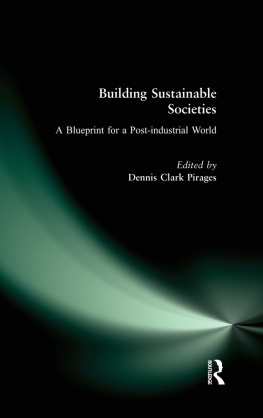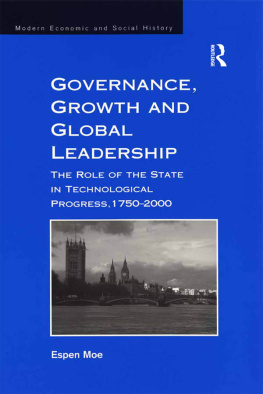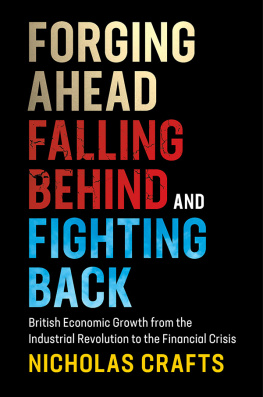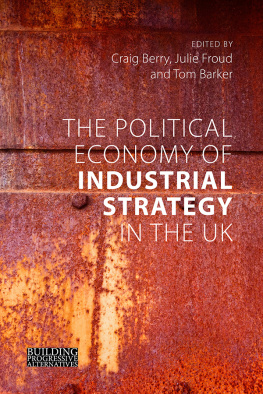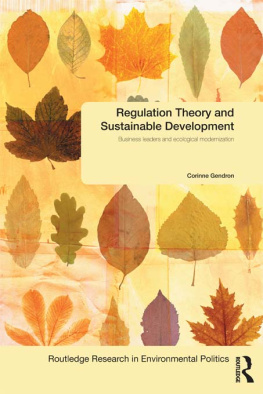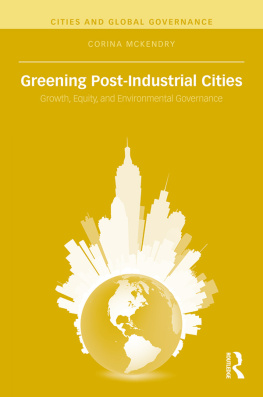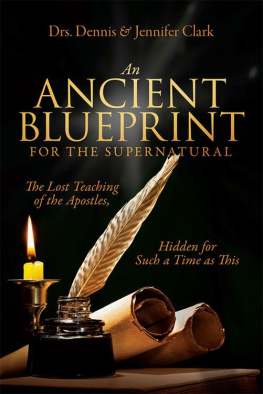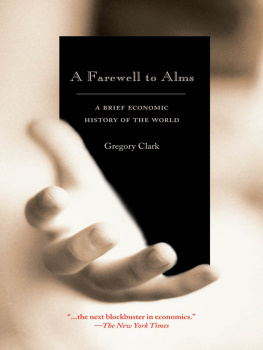First published 1996 by M.E. Sharpe
Published 2015 by Routledge
2 Park Square, Milton Park, Abingdon, Oxon OX14 4RN
711 Third Avenue, New York, NY 10017, USA
Routledge is an imprint of the Taylor & Francis Group, an informa business
Copyright 1996 Taylor & Francis. All rights reserved.
No part of this book may be reprinted or reproduced or utilised in any form or by any electronic, mechanical, or other means, now known or hereafter invented, including photocopying and recording, or in any information storage or retrieval system, without permission in writing from the publishers.
Notices
No responsibility is assumed by the publisher for any injury and/or damage to persons or property as a matter of products liability, negligence or otherwise, or from any use of operation of any methods, products, instructions or ideas contained in the material herein.
Practitioners and researchers must always rely on their own experience and knowledge in evaluating and using any information, methods, compounds,or experiments described herein. In using such information or methods they should be mindful of their own safety and the safety of others, including parties for whom they have a professional responsibility.
Product or corporate names may be trademarks or registered trademarks, and are used only for identification and explanation without intent to infringe.
Library of Congress Cataloging-in-Publication Data
Building sustainable societies: a blueprint for a post-industrial world/Dennis C. Pirages, editor.
p. cm.
Includes bibliographical references.
ISBN 1-56324-738-0 (hardcover: alk. paper).
ISBN 1-56324-739-9 (pbk.: alk. paper)
1. Sustainable development. 2. Human ecology. 3. Economic developmentEnvironmental aspects.
I. Pirages, Dennis.
HC79.E5B846 1996
338.9dc20
95-40079
CIP
ISBN 13: 9781563247392 (pbk)
ISBN 13: 9781563247385 (hbk)
This book is a product of the Harrison Program on the Future Global Agenda in the Department of Government and Politics at the University of Maryland. I would like to first thank Professor Emeritus Horace Harrison for the foresight and support that made possible the conference from which this book came. I would also like to thank the dedicated group of graduate students who played a major role in the conference and publication process. These include Michael Alberty, John Audley, Geoff Dableko, Nicole Kerber, Sean McCluskie, Clark Merrill, Jonathan Olsen, Serap Rada, Gigi Ramadan (Samman), Stacy VanDeveer, and Shayne Weyker. A special thanks is due to Don Beane, who did a tremendous job in seeing the manuscript through the production process. I would also like to acknowledge the cooperation of the journal Futures. Much earlier versions of the introduction and were published in Futures, Volume 26, Number 2.
BUILDING SUSTAINABLE SOCIETIES
Dennis Pirages
The industrial revolution has reached an advanced stage and its effects are now clearly visible all over the planet. An industrializing and growing world population will soon reach six billion, and the resource demands of these growing numbers continue to escalate. But this ongoing "modernization" is now threatened by significant changes taking place in relationships between Homo sapiens and the physical environment in which the species has evolved. The perceived successes of the industrial way of life have created rising expectations and patterns of material consumption that are no longer sustainable on a global scale. Both the feasibility and desirability of continued industrial growth are being questioned, and doubts about the long-term viability of traditional forms of progress continue to increase.
An ongoing debate over the future of resource-intensive growth has advanced well beyond the early skirmishes over the potential "limits to growth" in a finite world.
Concern over the long-term sustainability of the industrial model of human progress goes back several decades, although such worries were first publicly and forcefully voiced in the Brundtland Commission report, published in 1987.
The crux of what could be called the contemporary sustainability problematique is that a materially comfortable and much emulated way of life has been shaped by the material abundance of the industrial revolution, but it cannot be diffused to the bulk of the human race at acceptable environmental costs. This way of life is emulated not only because it is intrinsically comfortable, but also because the leading country to develop and refine it, the United States, dominates a worldwide telecommunications system that purveys images of the good life in an increasingly interconnected global village. It is not sustainable because the environmental impact of more than six billion human beings living at U.S. consumption standards would easily overwhelm the capabilities of natural systems to support human life as we know it on the planet. Thus, the legacy of generations that have operated under the assumption that more consumption is better, indeed essential, without concern for ecological limits, is the evolution and diffusion of a dominant social paradigm, or set of collectively held rules for progress and survival, that no longer gives useful guidance in confronting the sustainability issues of the next century.
Sociocultural Evolution and Unnatural Selection
The survival and success of Homo sapiens have been assured over the centuries by evolutionary mechanisms that have adapted the human body and human behavior to changing environmental constraints. Information gleaned from human experience has been passed from one generation to the next through two parallel evolutionary processes. The biological genome, created through natural selection, is a storehouse of information that is the product of hundreds of thousands of years of experience with nature. Shaped by an often painful process of trial and error, surviving human phenotypes (bodies) now represent information that has kept the human body adapted to the requisites of changing physical and social environments. Those phenotypes that survive to reproduce contribute to this ever changing genetic pool of information, while the genes of those who don't reproduce can contribute no information to future generations. This process of natural selection relies primarily upon genetic mutations that provide the raw material from which new phenotypes can be created.

